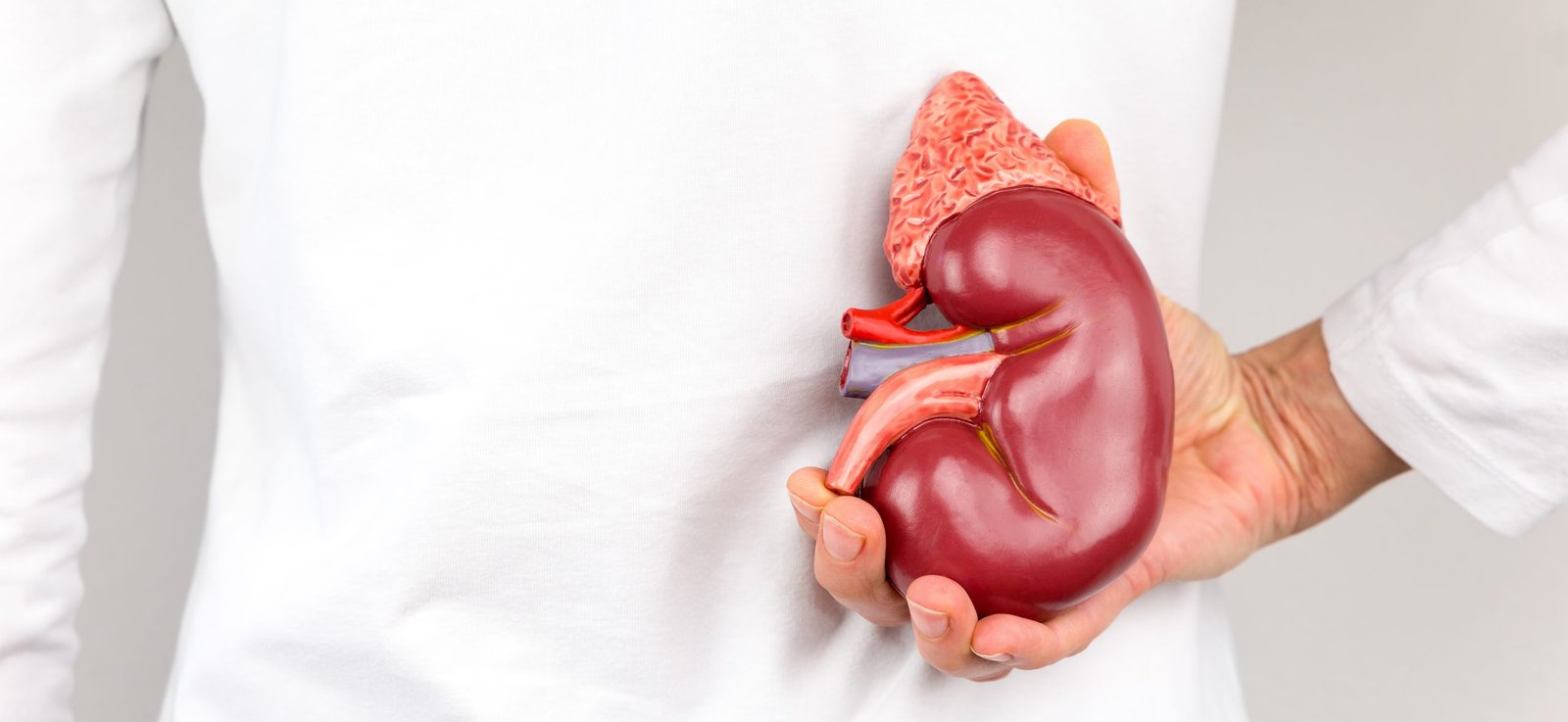High blood pressure, also known as hypertension, is a serious health condition that affects millions of people worldwide. While most people are aware of its impact on the heart and blood vessels, fewer understand the silent but significant damage it can cause to the kidneys. The kidneys play a crucial role in filtering waste and excess fluids from the body, regulating electrolytes, and maintaining overall fluid balance. When blood pressure remains elevated over time, it can have devastating effects on kidney function, eventually leading to chronic kidney disease (CKD) or even kidney failure. Here’s a closer look at how high blood pressure affects the kidneys and why managing it is essential for kidney health.
1. Damages the Kidney’s Blood Vessels
The kidneys contain tiny blood vessels called nephrons that filter blood and produce urine. High blood pressure causes these vessels to narrow, weaken, or harden over time. As a result, less blood reaches the kidneys, reducing their ability to filter waste effectively. Without a healthy blood supply, the filtering units become damaged and cannot function properly. This process is gradual and often goes unnoticed until kidney function is severely impaired.
2. Increases Pressure on the Filtration System
The glomeruli, which are the tiny filtration units inside each nephron, are particularly sensitive to pressure. When blood pressure is too high, it forces the kidneys to work harder to filter blood. This excessive pressure strains the glomeruli, leading to microtears, inflammation, and scarring. Over time, this scarring (known as glomerulosclerosis) can cause the nephrons to shut down. As more nephrons are lost, the kidneys become less efficient at filtering waste, which can result in the buildup of harmful substances in the body.
3. Leads to Protein in the Urine (Proteinuria)
One of the early signs of kidney damage due to high blood pressure is the presence of protein in the urine, a condition known as proteinuria. Normally, healthy kidneys do not allow significant amounts of protein to pass into the urine. However, when the glomeruli are damaged by high blood pressure, they become “leaky,” allowing albumin (a type of protein) to escape. Persistent proteinuria is a key indicator of kidney disease and a predictor of faster progression to end-stage renal failure if not treated promptly.
4. Reduces the Kidneys’ Ability to Regulate Blood Pressure
Healthy kidneys help regulate blood pressure by managing fluid balance and producing hormones such as renin, which helps control blood pressure. When high blood pressure damages the kidneys, they may become less effective at regulating their own blood supply and fluid levels. This creates a vicious cycle: damaged kidneys contribute to further increases in blood pressure, which causes more kidney damage, and so on. This feedback loop accelerates the progression of kidney disease and makes hypertension more difficult to control.
5. Leads to Chronic Kidney Disease and Kidney Failure
Chronic kidney disease (CKD) is a long-term condition characterized by gradual loss of kidney function. High blood pressure is one of the leading causes of CKD, second only to diabetes. Over time, uncontrolled hypertension can reduce kidney function so severely that dialysis or a kidney transplant becomes necessary. Unfortunately, symptoms of CKD often appear only in the later stages, when the damage is already advanced. These symptoms may include fatigue, swelling in the legs and feet, nausea, loss of appetite, and changes in urination patterns.
Preventing Kidney Damage from High Blood Pressure
The good news is that early detection and proper management of high blood pressure can prevent or slow kidney damage. Here are some key strategies:
- Monitor Blood Pressure Regularly: Keeping your blood pressure within the normal range (typically below 120/80 mm Hg) is crucial for protecting your kidneys.
- Take Medications as Prescribed: Antihypertensive medications, particularly ACE inhibitors or ARBs, are often recommended to protect kidney function.
- Adopt a Kidney-Friendly Diet: Reduce salt intake, limit processed foods, and eat plenty of fruits, vegetables, and whole grains.
- Stay Physically Active: Regular exercise helps maintain a healthy weight and lowers blood pressure.
- Manage Other Health Conditions: Control diabetes, avoid smoking, and limit alcohol consumption to reduce the overall strain on the kidneys.
Conclusion
High blood pressure is often called the “silent killer” because it can cause significant damage without obvious symptoms. When it comes to kidney health, hypertension is one of the most dangerous and preventable risk factors. By understanding how high blood pressure affects the kidneys and taking proactive steps to manage it, individuals can protect their kidney function and overall health. Early intervention, healthy lifestyle choices, and regular checkups are essential tools in the fight against hypertension-induced kidney disease.
Do Follow Us On Instagram







